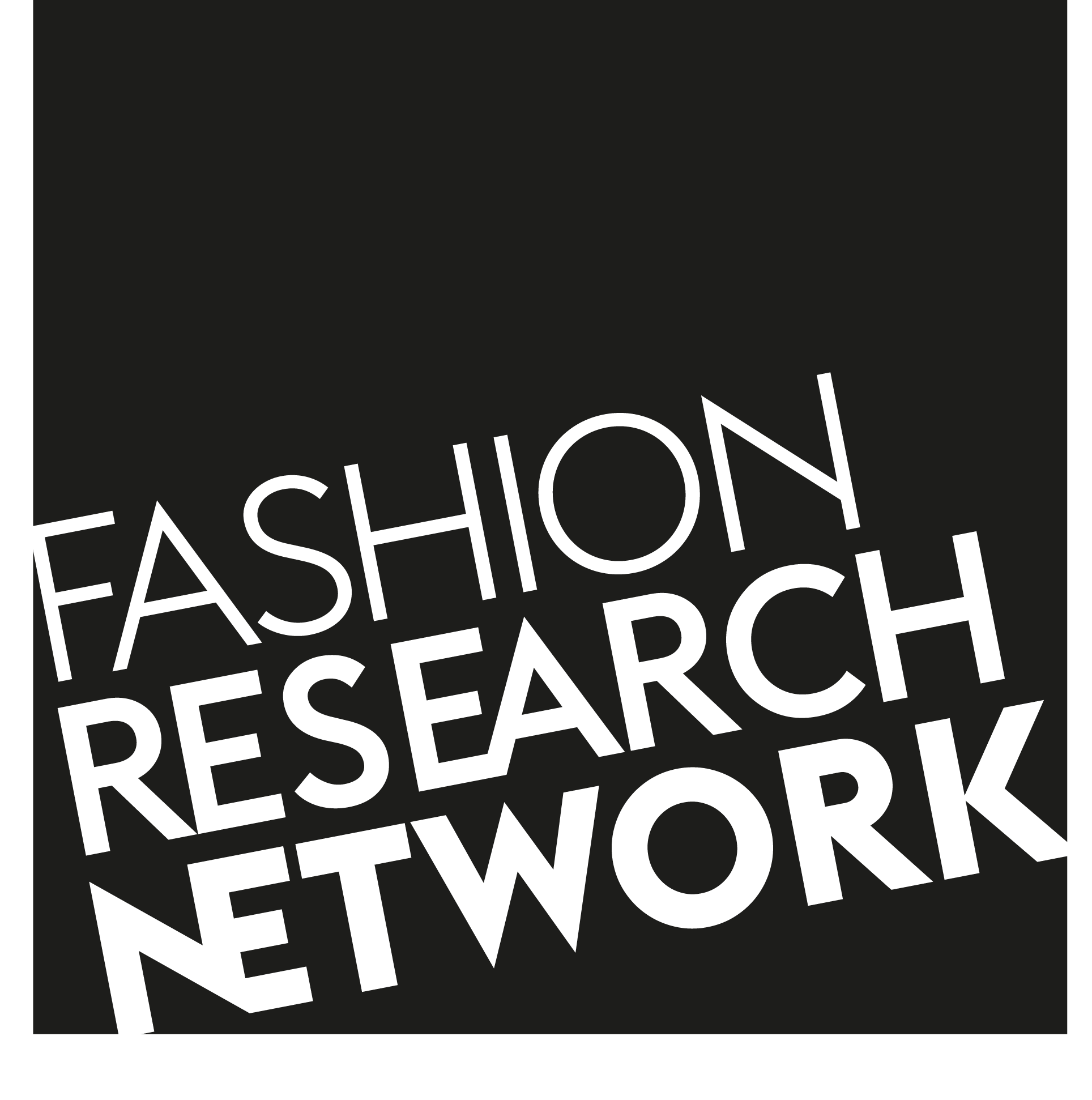Curative Things: CFP for academic book chapters
The editors invite proposals for academic book chapters for inclusion in Curative Things, a collected volume of essays on objects at the intersections of art, fashion, health and medicine. The volume will be published in the series Palgrave Studies in Fashion and the Body.
If you would like your work to be considered for inclusion in this volume, please send a 300 word (max) abstract and a 100 word biography to dawn.woolley@leeds-art.ac.uk by 5pm on Friday 13th Augsut.
Curative Things is a collaborative project organised by the Thing Power Research Group (Leeds Arts University), Thinking Through Things (Wellcome Trust Funded Project, Durham University), and Fashion Research Network.
Bringing together new scholarship at the intersections of medical humanities, fashion research and visual arts practice, this volume explores the relationship between wearable objects and human health, with particular emphasis on how artists are creatively responding to and rethinking these relations.
Wearable objects might include, but are not limited to: clothing, footwear, headwear, jewellery, implants, prostheses or physical aids; things that have the potential to restrict, contain, embrace or extend the body; things that we wear and things that wear us. The volume explores how a materialist, object-based approach might bring to light new health histories and previously unconsidered medical experiences.
Chapters should be historically, methodologically and/or theoretically grounded. Possible topics might include, but are not restricted to:
Wearable self-tracking devices and the medicalization of everyday life.
How wearable art objects might reshape or challenge the ‘medical gaze’.
Garments in healthcare: healthcare workers’ uniforms; hospital gowns; ‘strong clothing’ and restraining garments.
Garments and other wearable objects in artworks that speak to the theme of health and medicine.
Fashion therapy / the healing potential of clothing and other wearables.
Wearable objects used in shamanic or ritualistic healing practices.
How a materialist, object-based approach might draw attention to the gendered or racialised dimensions of health.
Embodiment and the performative potential of wearable art objects to materialise the gendered, racialised, classed and medicalised body.
Length
Chapters should be academic texts of approximately 8,000 words, with no more than 3-4 images.
Timeline
· Chapter abstracts to be submitted by 30th July.
· Selection made by end of August 2021;
· Full chapters due Feb 2022;
· Internal peer review process and chapter edits between March and Sept 2022;
· Full manuscript to be sent to publisher for external peer review in Oct 2022.
